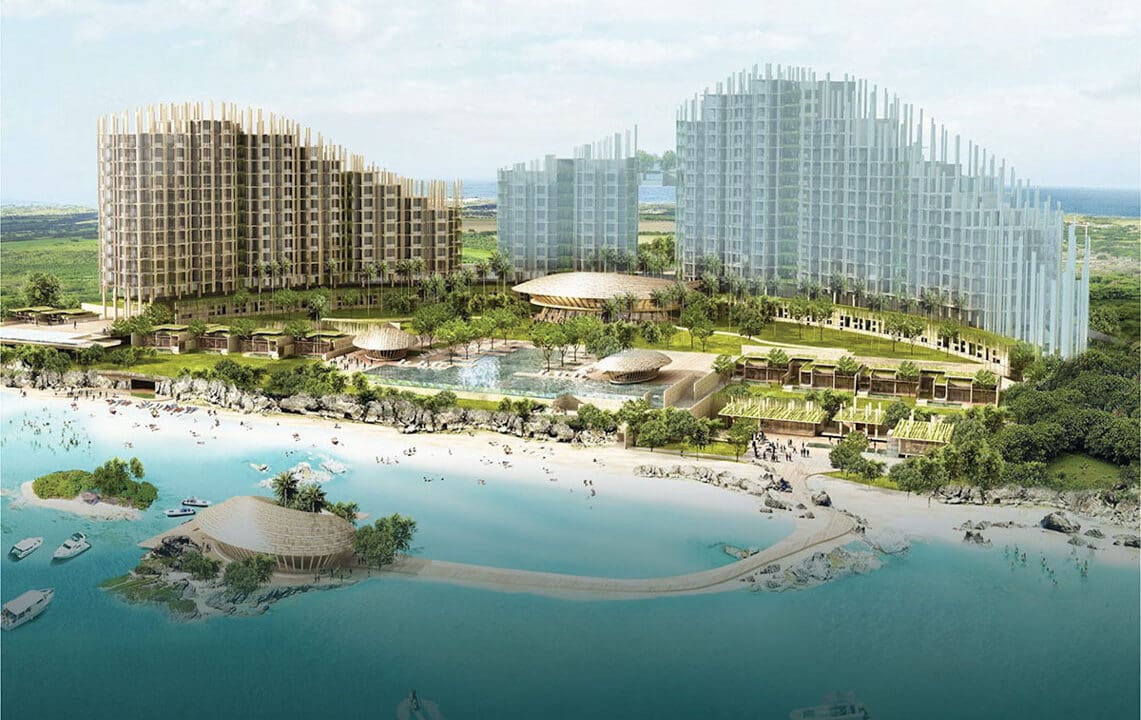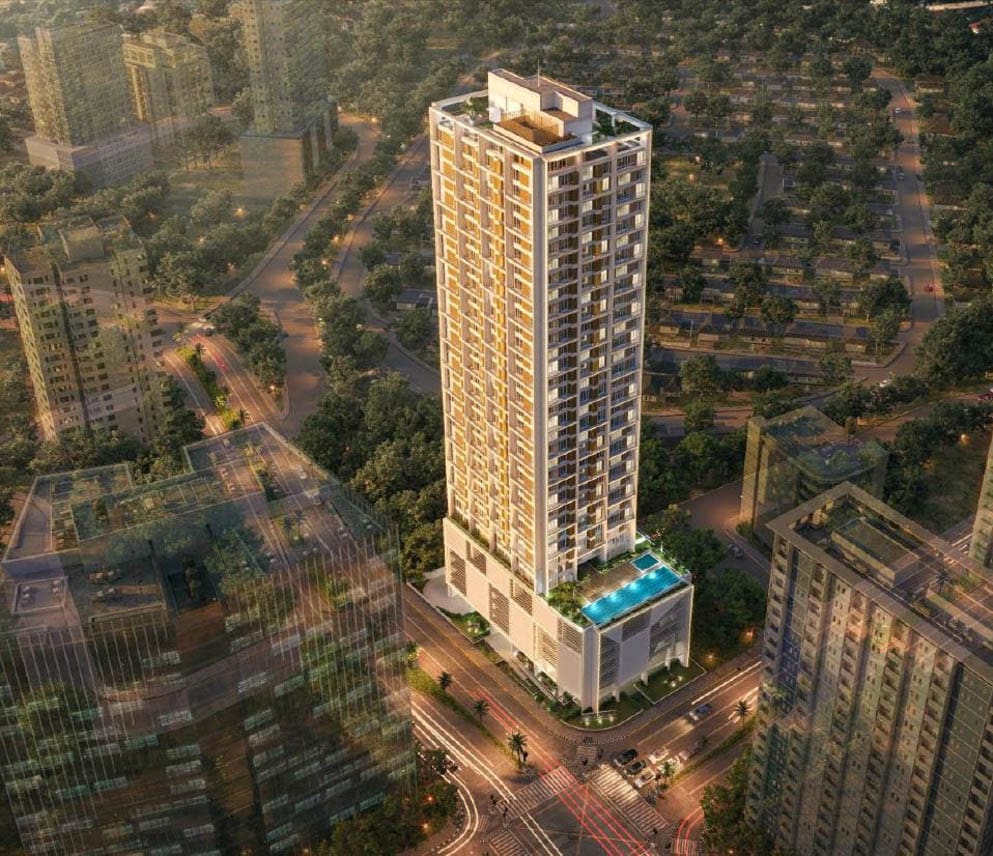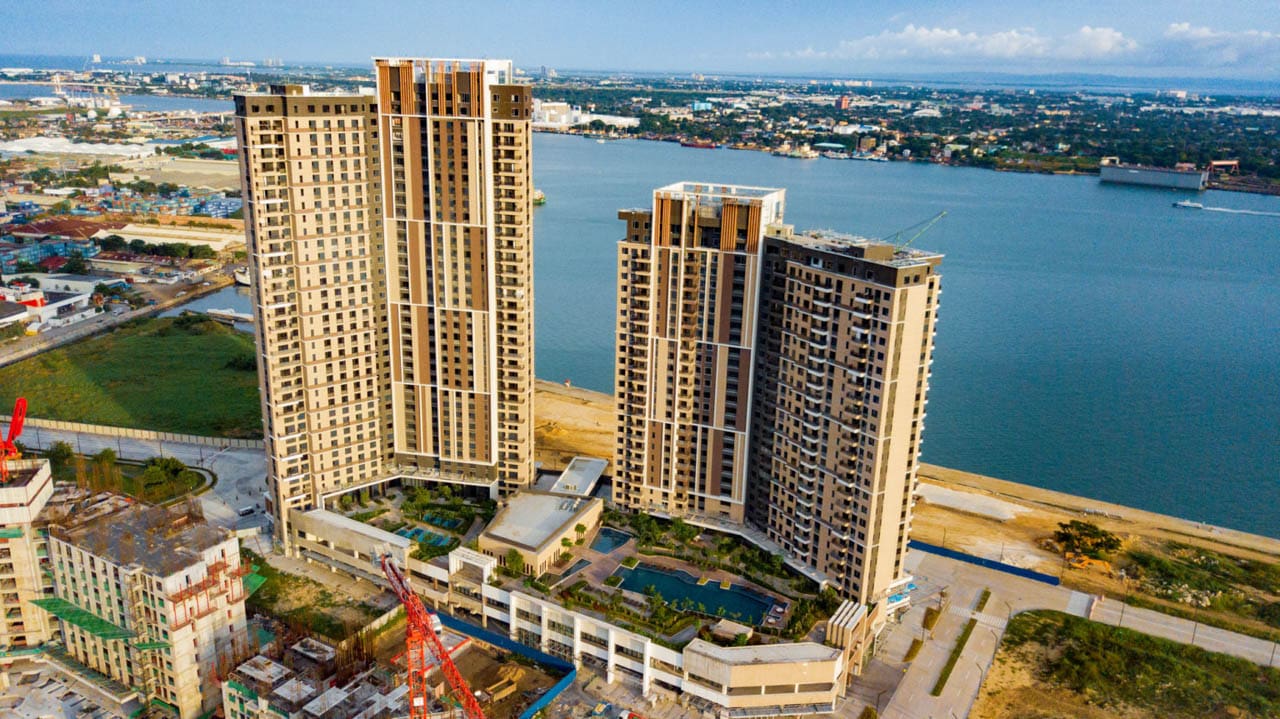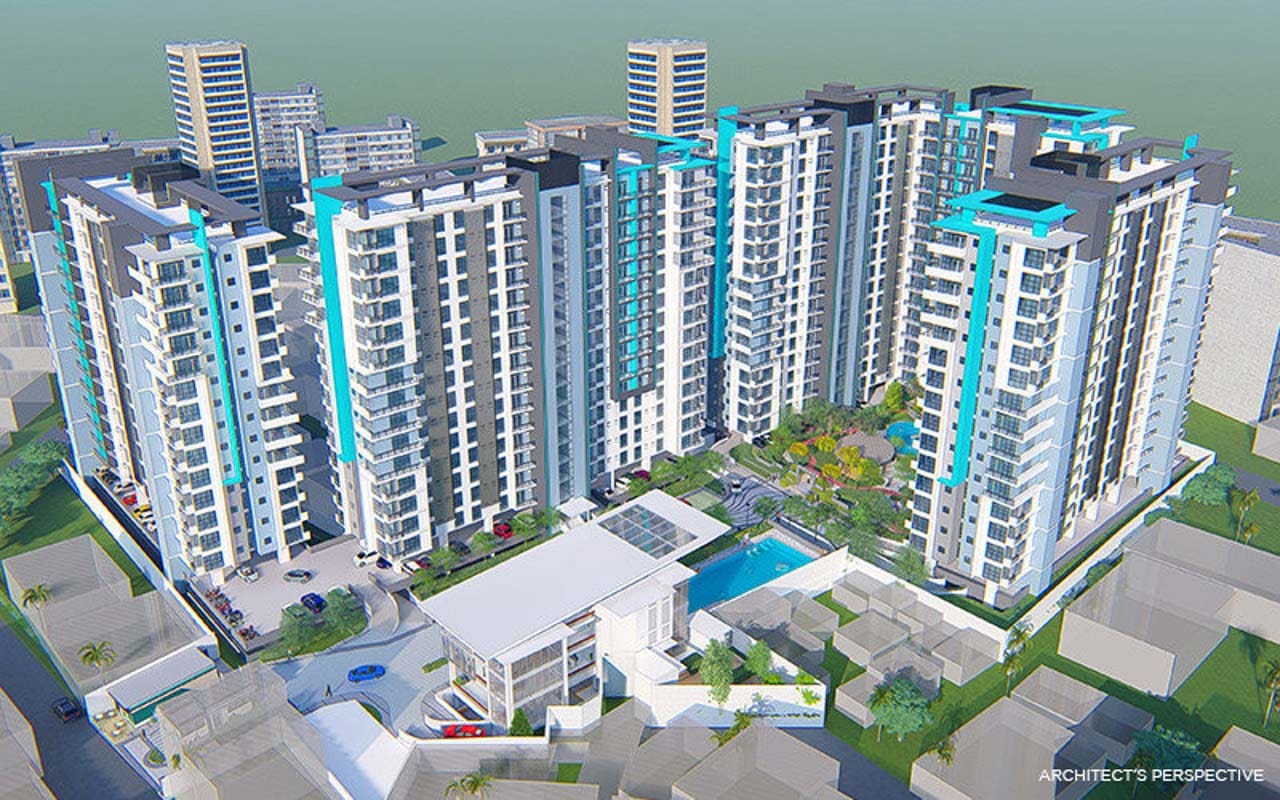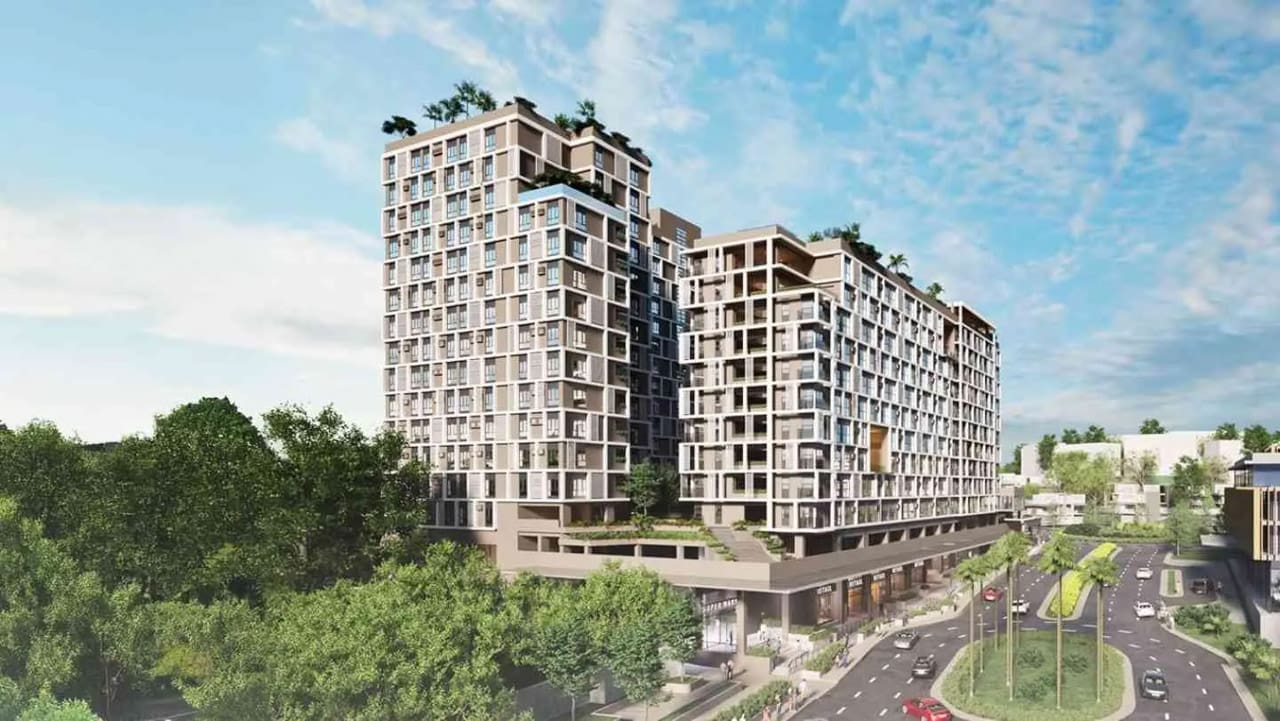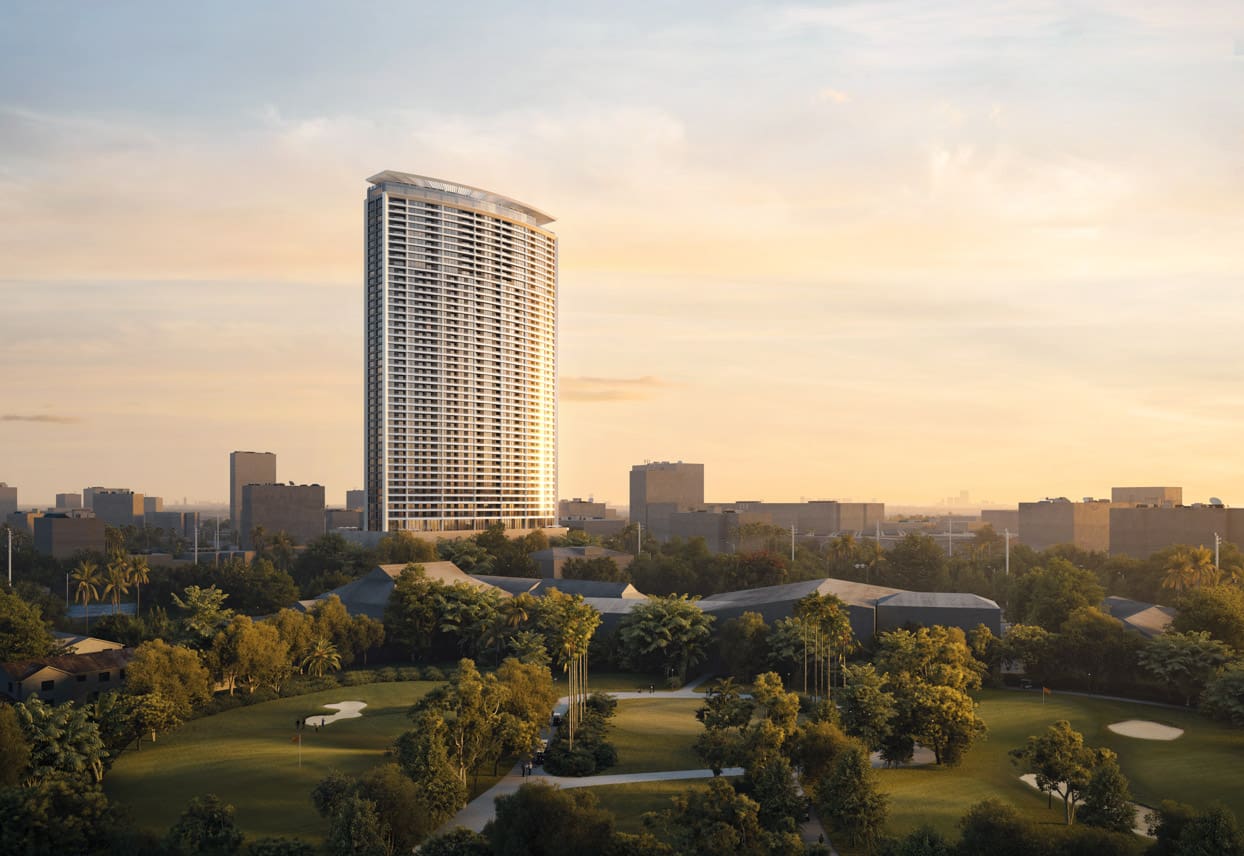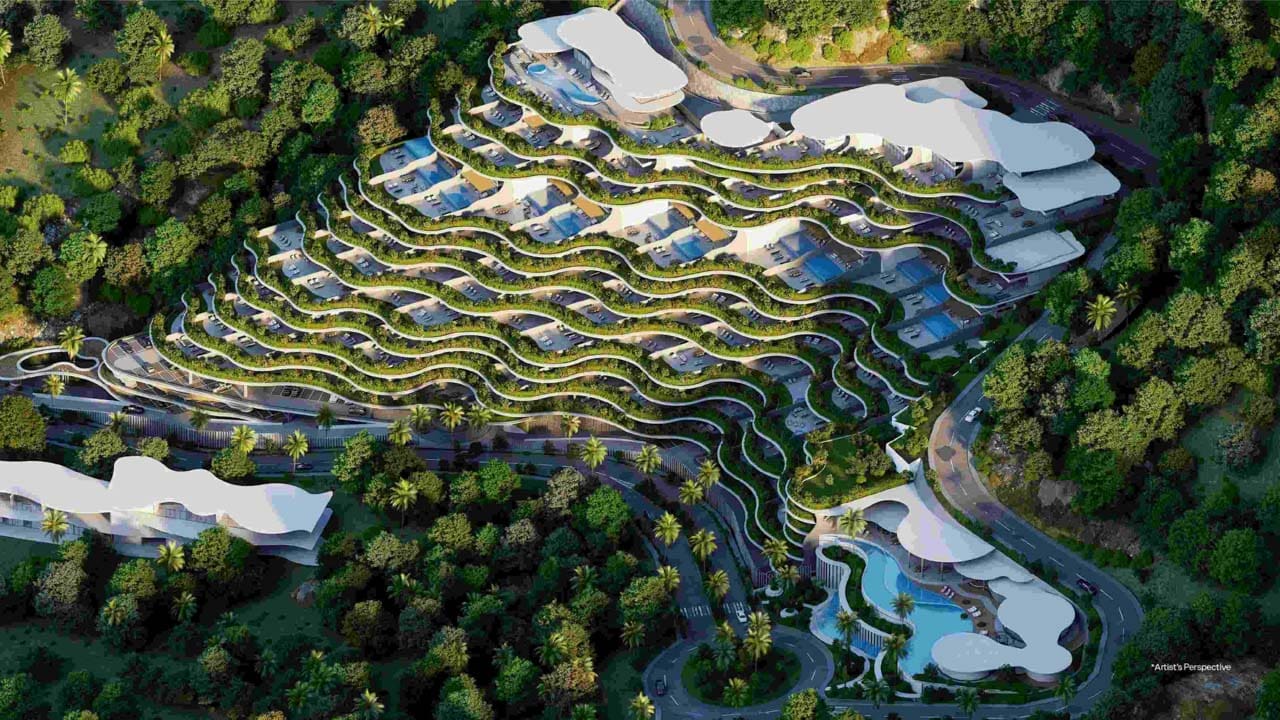Your Quick Guide to Pre-Selling Condos in Cebu: Essential Tips for Smart Buyers
Buying a pre-selling condo in Cebu can help you lock in a unit at a lower price before the building’s even done. That means you save some cash and, honestly, there’s a good shot at future profit, too. Most developers throw in early-bird discounts, flexible payment terms, and let you pick your favorite unit—or even tweak the finishes a bit. These perks are pretty tempting if you’re someone who likes to plan ahead and doesn’t mind digging into the details.
But, let’s be real, pre-selling isn’t risk-free. Construction delays happen, and the market might shift before the project’s ready. It’s smart to check out the developer’s track record, actually read the contract (don’t just skim it), and make sure your budget covers more than just the sticker price. A bit of planning and asking the right questions can keep you out of trouble and help you get the most from your investment.
Key Takeaways
- Pre-selling condos usually cost less and offer flexible payment plans.
- Doing your homework helps you dodge common mistakes.
- Picking wisely can boost your long-term returns.
What Is a Pre-Selling Condo in Cebu?
Pre-selling condos in Cebu are homes you buy before they’re actually built. Instead of walking through a finished space, you’re checking out floor plans, models, and maybe a flashy brochure.
Definition and How It Works
Basically, a pre-selling condo is put on the market while construction’s still happening—or before it’s even started.
You reserve your spot by paying a fee and signing a contract. The payments are usually split into monthly installments while the building is going up.
Developers will share things like project plans, estimated completion dates, and when you can expect to move in. Sometimes you can check out a scale model or a sample unit to get a feel for what you’re buying.
This whole pre-selling phase can stretch from a year to several. You’ll get updates along the way and, if you’re lucky, a few site visits. Once everything’s done, you get your keys as promised—well, hopefully.
Difference from Ready-for-Occupancy Units
Ready-for-Occupancy (RFO) condos are move-in ready. With pre-selling, you’re buying before it’s done, so you wait—sometimes a while.
Here’s a quick comparison:
| Pre-Selling Condo | Ready-for-Occupancy (RFO) | |
|---|---|---|
| Status | Under construction or planned | Fully built |
| Price | Usually lower, with discounts | Higher, with fewer promos |
| Move-in Time | After building completion | Immediate |
| Payment Terms | Longer payment periods | Shorter or full payment upfront |
Pre-selling means better prices and more choices, but you’ll need to be patient and trust the developer to deliver. RFO units, on the other hand, give you instant access and fewer headaches about construction delays.
Advantages of Buying Pre-Selling Condos in Cebu
Buying a pre-selling condo in Cebu means you can snag a unit at today’s prices, before they climb. There’s also more wiggle room in how you pay, and sometimes you get to pick and choose finishes or the exact unit location.
Lower Initial Investment
The biggest draw? Lower prices compared to finished units. Developers offer discounts to early buyers, so the upfront cost isn’t as steep.
Discounts usually range from 5% to 15%. So, for a ₱3,000,000 condo, you’re looking at savings of ₱150,000 to ₱450,000. Down payments are often smaller and can be spread out over several months, which is a relief if you’re budgeting.
Locking in the current price is a big deal, too. Cebu’s property market is growing, so buying early can shield you from price hikes down the line.
Flexible Payment Options
Developers usually let you pay the down payment and the rest in installments while the place is being built. That makes things a lot more manageable, especially if you’re new to buying property.
For example:
| Typical Payment Schedule | Details |
|---|---|
| Reservation Fee | ₱20,000 – ₱50,000 |
| Down Payment | 10%–20% over 24–36 mos |
| Balance Upon Turnover | Bank or in-house loan |
Some projects even offer zero-interest plans until turnover. These flexible terms can make budgeting a lot less stressful—great for young professionals or families just starting out.
Unit Customization Opportunities
If you buy early, you might get to pick finishes, colors, or even tweak the layout before construction gets too far. Not every developer offers this, but it’s worth asking.
Options could include different floor tiles, paint colors, or built-in cabinets. Sometimes, you can even combine units or request small changes.
Customizing now is usually cheaper than renovating later. Plus, you get a place that feels more like “you.”
Prime Unit Selection
Getting in early means you can choose the best unit—think better views, higher floors, or a spot away from noisy elevators.
Maybe you want easy access to amenities or a parking slot. Early birds get first pick, which is a big plus in popular spots near IT parks, malls, or schools.
Having a unit with a great view or layout can also make it easier to resell or rent out in the future.
Potential Risks in Pre-Selling Condo Investments
Pre-selling condos in Cebu can mean savings, but there are risks you really shouldn’t ignore. The main ones? Delays, unreliable developers, and the unpredictable property market.
Construction and Turnover Delays
Delays happen—a lot. Maybe it’s permits, bad weather, or supply issues. Your move-in date could get pushed back by months, or even longer.
So, what’s the impact?
- You might need to keep renting or stay somewhere else longer than planned
- The market could change while you’re waiting
- You’ll want to stay in touch with the developer for updates
Check your contract for penalties or remedies if things get delayed. Keep every document and receipt, just in case you need to make a claim later.
Evaluating Developer Reputation
The developer’s reputation is huge here. Some in Cebu have missed deadlines—or worse, left projects unfinished. Do your homework: look at past projects, see if they delivered on time, and if what was promised matched what was built.
What to check:
- HLURB (Housing and Land Use Regulatory Board) licenses and permits
- Reviews from other buyers
- Any legal issues or complaints
Here’s a quick checklist:
| Factor | Why It Matters | What To Do |
|---|---|---|
| HLURB registration | Shows legal compliance | Verify on HLURB website |
| Delivery history | Reveals reliability | Visit past projects |
| Customer feedback | Insight on quality & service | Read online reviews |
Market Value Fluctuations
Property values can go up—or down—between when you reserve and when your unit’s ready. The Cebu market shifts with supply, demand, and even new government policies.
Risks to watch for:
- Buying high, then seeing resale values drop
- Rental rates falling if too many units flood the area
- New taxes or rules that hit prices
Keep an eye on local real estate news and chat with agents. It’ll help you figure out if the timing and location make sense before you commit.
Essential Steps and Buying Process
Buying a pre-selling condo in Cebu isn’t rocket science, but there’s a process. Every step—from checking out the developer to signing the contract—can affect your experience and your wallet.
Research and Due Diligence
Start by digging into the developer’s background. Look for a solid track record in Cebu. If you can, visit finished projects.
Read reviews, ask for references, and check if both the developer and the project are registered with the HLURB (Housing and Land Use Regulatory Board). Always ask to see permits and their license to sell.
Here’s what to look for:
- Company registration and HLURB approval
- Past and current projects
- Financial stability and history of delivering on time
It’s a bit of legwork, but it can save you from nasty surprises later.
Financial Planning and Budgeting
Know what you’re getting into, cost-wise. Add up the down payment, reservation fee, monthly payments, taxes, and closing costs.
Here’s a basic breakdown:
| Item | Typical Range |
|---|---|
| Reservation Fee | ₱20,000 – ₱50,000 |
| Down Payment | 10% – 20% of price |
| Monthly Amortization | Based on loan terms |
| Other Costs | Taxes, association dues |
Be ready for extra charges, like price adjustments or penalties for late payments. See if the developer offers in-house financing or compare it with bank loans. Make sure your monthly income can really cover everything—don’t just hope for the best.
Site Visits and Model Unit Inspections
Go see the spot where the condo’s going up. Take a look at the roads, nearby schools, shops, hospitals—maybe even check if any future infrastructure is in the works.
Book a tour of the model unit. Try to get a feel for the actual space—room sizes, where the windows are, the finishes. Ask which features are included and which ones you’ll need to pay extra for.
While you’re there, see if the amenities (pool, gym, parks) fit your lifestyle. Walk around the neighborhood to gauge safety and convenience. There’s just no substitute for being on-site and picturing yourself living there.
Reservation and Contract Signing
If you’re happy with everything, reserve your unit by paying the reservation fee. Don’t forget to get a receipt and a confirmation letter that spells out your unit number, payment schedule, and what’s included.
Read the contract—really read it—before you sign. Look for details on payment terms, turnover dates, and what happens if there are delays. All fees and deadlines should be listed.
If you’re unsure about anything, bring a real estate lawyer. Once you’ve signed, keep copies of every document. You’ll want those if any issues pop up later.
Tips for Maximizing Your Pre-Selling Condo Investment
Smart buyers focus on factors that can really boost a condo’s value over time. Location, new infrastructure, and whatever the developer’s offering can make a big difference in the end.
Choosing High-Growth Locations
Look for developments in areas with growing populations, new businesses, or government projects. Spots near Cebu IT Park, Cebu Business Park, or planned transport hubs usually see stronger value growth. These places are popular with renters, workers, and future homeowners because they’re close to jobs, schools, and malls.
Checklist for high-growth locations:
- Near offices and commercial areas
- Walking distance to main roads or transit
- Close to schools, hospitals, and shopping
Picking the right location helps reduce vacancy risk—and could mean a better selling price after turnover.
Assessing Future Infrastructure
See if there are any upcoming projects like new roads, flyovers, malls, or transit stations. Government websites or city planning offices usually post updates on future plans.
Condos near new roads or transit lines often go up in value as access improves. Still, it’s worth asking if nearby construction might mean noise or headaches—both during and after your building goes up.
Important questions:
- Is a highway or LRT/MRT line coming soon?
- Are new retail or commercial centers planned?
- Any flood control or traffic improvements happening nearby?
Knowing what’s in the pipeline helps you guess at future property values with a bit more confidence.
Leveraging Developer Incentives
Developers often throw in special deals to get early buyers on board. Things like flexible payment terms, free appliances, or waived association dues for the first year aren’t uncommon. Some of these offers are only around for launch dates or limited periods.
Common incentives for pre-selling condos:
| Incentive Type | Typical Offer |
|---|---|
| Free Parking | 1 slot worth ₱300,000–₱500,000 |
| Discounted Down Payment | As low as 10% over 24–36 months |
| Free Appliances | Aircon, refrigerator, or oven |
| Waived Dues | 6–12 months free |
Always double-check if these perks apply to your chosen unit or floor. Sometimes they’re only for certain units or payment schedules. The details matter if you want to get the most value out of your purchase.
Frequently Asked Questions
People curious about pre-selling condos in Cebu usually ask about the perks, possible risks, which developers are reliable, how much the deposit is, and what it takes to secure a unit. Here are some straight answers from typical buyer experiences.
What are the benefits of investing in pre-selling condos in Cebu?
Pre-selling condos tend to cost less than ready-for-occupancy units. You get to choose better units and lock in lower prices early on.
Some developers offer flexible payment options and let buyers personalize finishes. Property values might go up before turnover, so early buyers could see a good return.
What are the potential risks involved in purchasing a pre-selling condo?
Construction delays happen—and they can push back your move-in date. There’s also risk if the developer runs into financial problems or has a spotty track record.
The market could shift, and property values might not rise as much as you hope by the time your condo’s done.
How can a buyer verify the credibility of a condo developer in Cebu?
Check out the developer’s finished projects. Reviews and feedback from past buyers often reveal a lot about reliability.
It’s smart to confirm the developer’s license with the HLURB or another housing authority.
What are some essential tips for choosing the right pre-selling condo unit?
Pick a spot near main roads, business areas, or schools. Visit the model unit and the area to check quality and amenities for yourself.
Look closely at the building plan, unit layout, and price options. It also helps to ask what’s coming to the neighborhood in the next few years.
What is the usual reservation deposit requirement for pre-selling condos?
Most developers in Cebu ask for a reservation deposit between ₱20,000 and ₱50,000. This payment holds your unit.
Make sure the amount and terms are in writing—just to avoid any hassle later on.
What are the key steps in the buying process of a pre-selling condo in Cebu?
Start by checking out the developer and digging into the project’s background. If you can, swing by the site and have a look at any model units they’ve got open.
Next, go over the contract and see if anything feels off or confusing. It’s smart to talk to a real estate lawyer if you’re unsure about the terms. After that, pay the reservation fee and figure out a payment plan that works for you. Just stick to the developer’s instructions for payments and paperwork until they hand over the keys.

